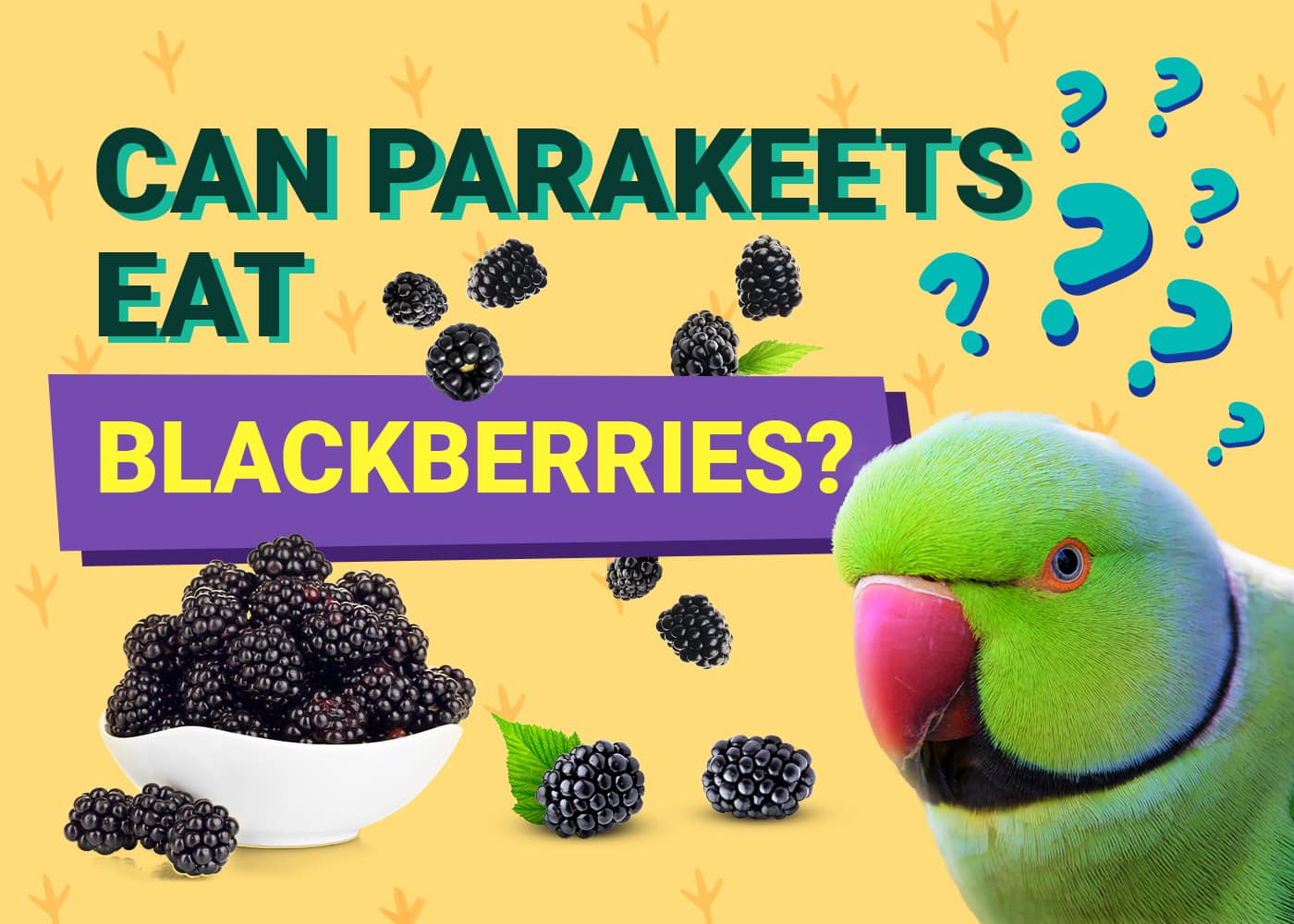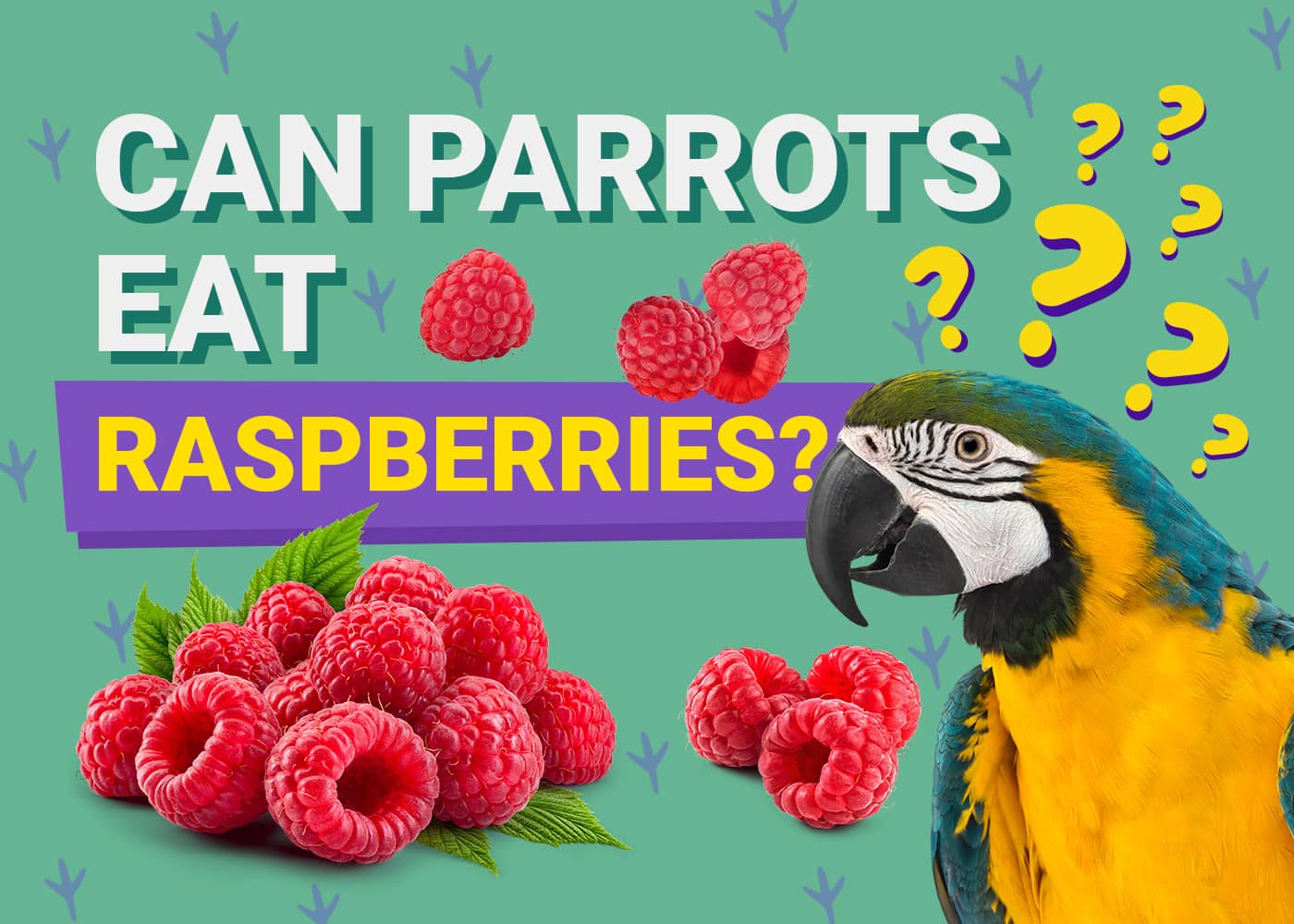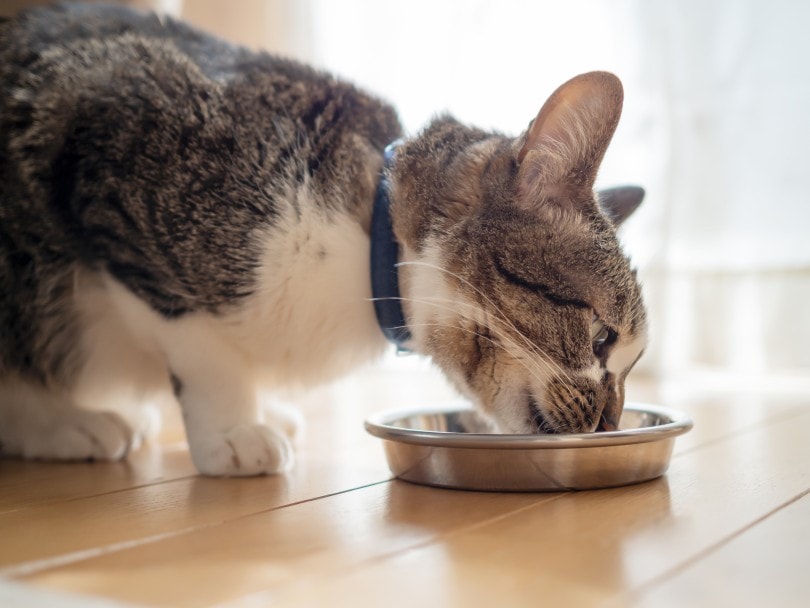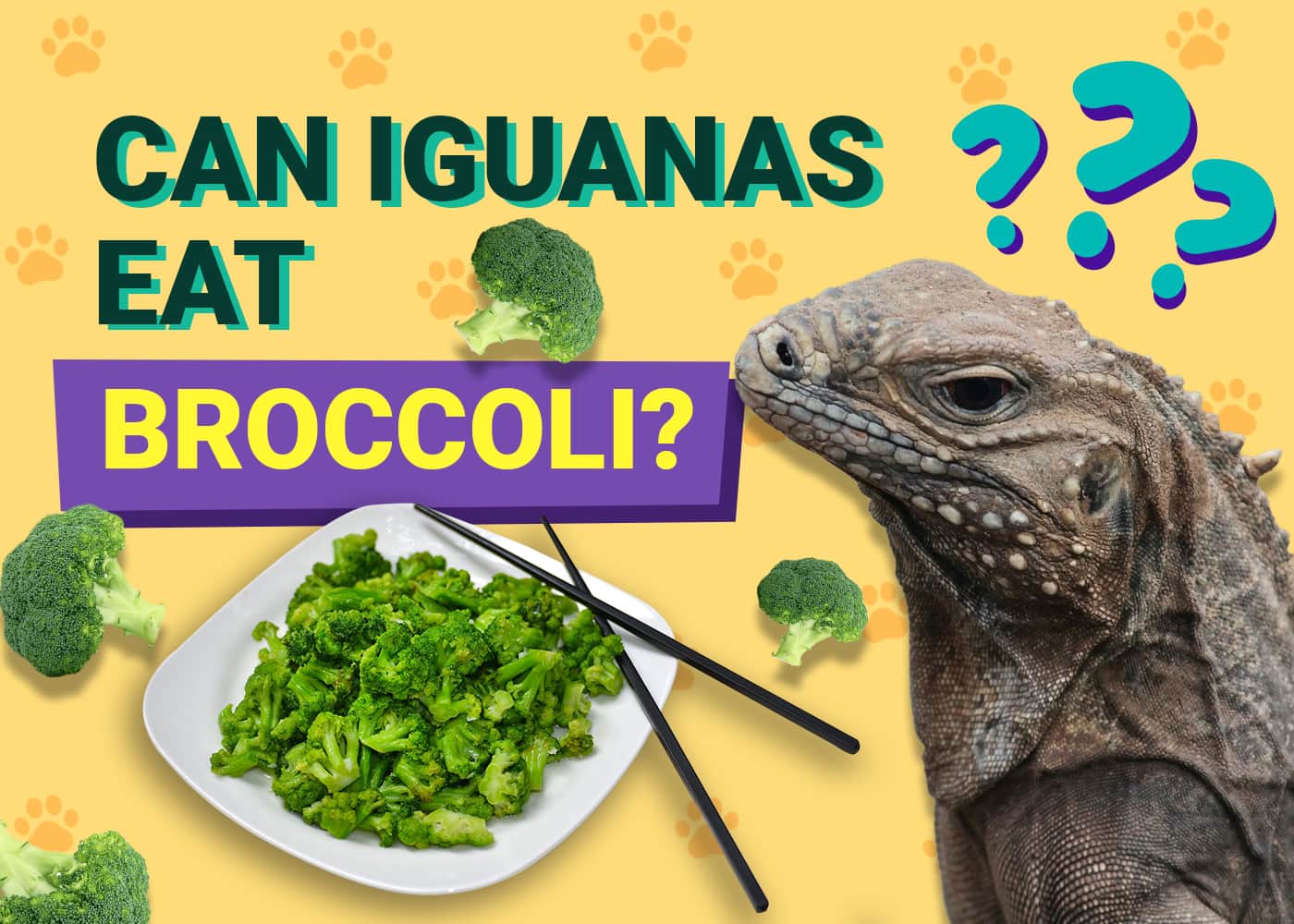VET APPROVED

The information is current and up-to-date in accordance with the latest veterinarian research.
Learn more »A parakeet isn’t a specific type of parrot but rather a term given to several small to medium-sized species of parrots with long tail feathers. The term parakeet isn’t a taxonomical reference to any genus or family of parrots; the parrots, sometimes referred to as parakeets, span multiple genera. Parrots considered parakeets include budgies, cockatiels, ring-necked parrots, and nose-ringed parrots.
Parakeets are predominantly herbivores and the main component in their diet is seeds. But is it safe for parakeets to eat blackberries? Absolutely! Blackberries are a healthy addition to a parakeet’s weekly regime, along with other berries, fruits, and vegetables.

What Is the Difference Between a Parakeet and a Parrot?
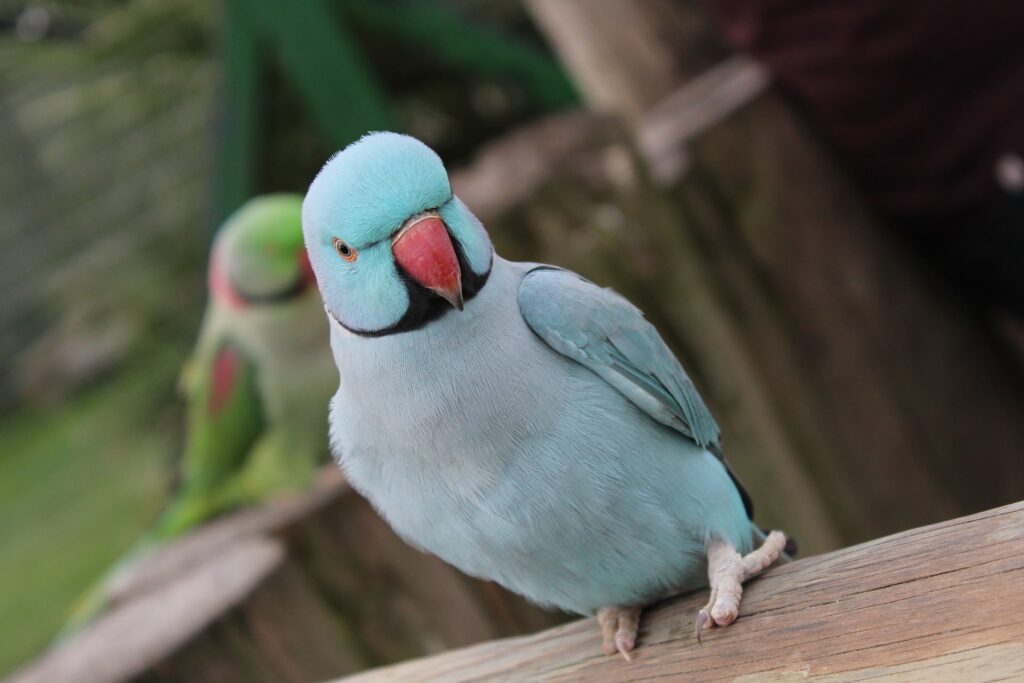
There appears to be a lot of confusion about what a parakeet is and whether it is the same as a parrot. From an ornithological standpoint, parakeets are many species of small or medium-sized parrots with long tails. However, each species is unique when it comes to avian nutrition. The term parakeet isn’t a definitive genus or family but rather a term just used by bird keepers.
All parakeets are parrots, but many parrots (especially the larger ones) aren’t generally referred to as parakeets. Parakeets, as part of the greater parrot species, like to communicate and can be rather musical as well as being highly intelligent and elegant.
Why Are Blackberries Good for Parakeets?
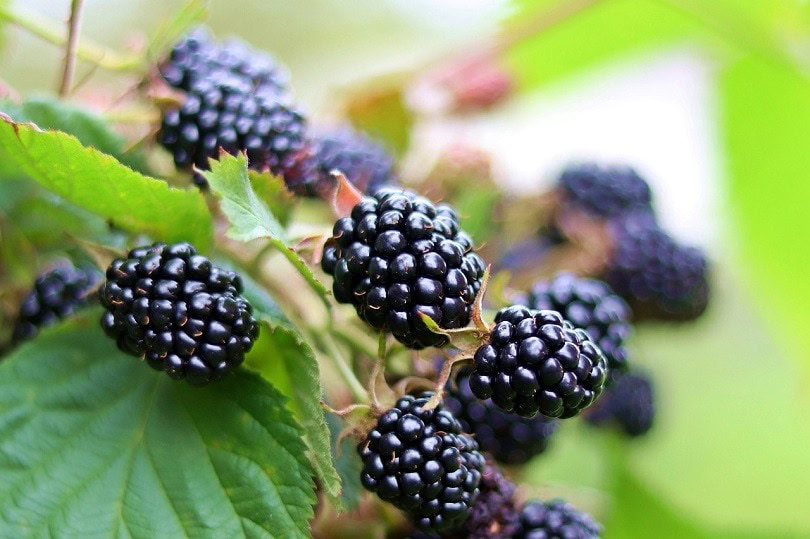
Humans are increasingly encouraged to consume more superfoods such as blueberries, goji berries, and blackberries, all of which also contain valuable nutrients for your feathered friend. Blackberries, in particular, are safe for your bird to consume in small amounts regularly and have been shown to boost their health! Although a non-native plant for most parakeets, blackberries score high with their taste buds.
They grow in hedgerows in autumn in the US and Europe and are jam-packed with goodness. They contain immune-strengthening antioxidants, which help protect your parakeet from illness. Insulin regulation can also be aided with antioxidants. The vitamin C in blackberries may prevent kidney disease and reduce the parakeet’s stress levels.
The anti-inflammatory properties of blackberries are also very beneficial to your bird’s well-being. If your parakeet is experiencing muscle or joint pain, serving a few blackberries now and then may help improve the inflammation. This is in addition to vitamin A, which is necessary for bone health. Polyphenols, which enhance neurological function, are also present in blackberries.
Do Blackberries Present Any Danger to Parakeets?
There are also some disadvantages to blackberry consumption, but they can mainly be avoided by ensuring the quantity is not excessive. Like all fruits, blackberries have natural sugars, which, when ingested in large quantities, can cause birds to gain weight and lead to health problems.
You can clean all fruits you serve to remove chemicals and pesticides, but organic produce is best. Blackberries do not have tough skin, so it is essential to remove residue from their soft flesh before consumption.

How to Serve Blackberries to Your Parakeet
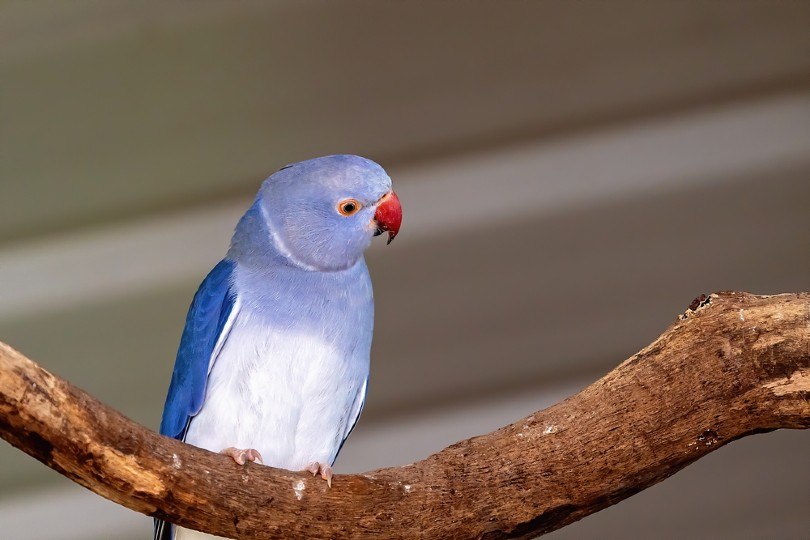
The easiest method for serving this super fruit to your parakeets is to make a salad of fruits and vegetables and add one sliced blackberry as a weekly serving. Your blackberry should be fresh, clean, and natural. Juicing the berries may make it easier to ingest, but perhaps only try this if your parakeet isn’t enjoying the blackberry’s original form.
The Parakeet Diet and Lifestyle
The Do’s
Since your parakeet is part of the parrot family, most of the requirements for a parrot’s diet can be applied, adjusting to the suitable portion size. It is important to note that the diet regulations are for a healthy pet or group of birds, and a vet should be consulted for alterations if you have an unwell friend.
Parakeets require a varied, colorful diet regime as omnivores that eat predominantly herbivorous foods.
- A staple pellet diet (this should be the bulk of their diet)
- Seeds, preferably raw and soaked
- Organic, fresh vegetables
- Nuts
- Raw fruit
Try to vary the seed mix regularly and chop and mix all the vegetables and occasional fruit. Like all friendly pets, your bird may want to grab your toast in the morning or have some of your sandwich from your lunch. While a little morsel of something off your plate might not hurt them, it’s crucial to stress that you must not let your bird develop harmful appetite patterns.
If you want to share human food with them, we recommend dark leafy greens such as spinach and kale, sweet potatoes, and broccoli. Keep these foods as regulars in their health plan.
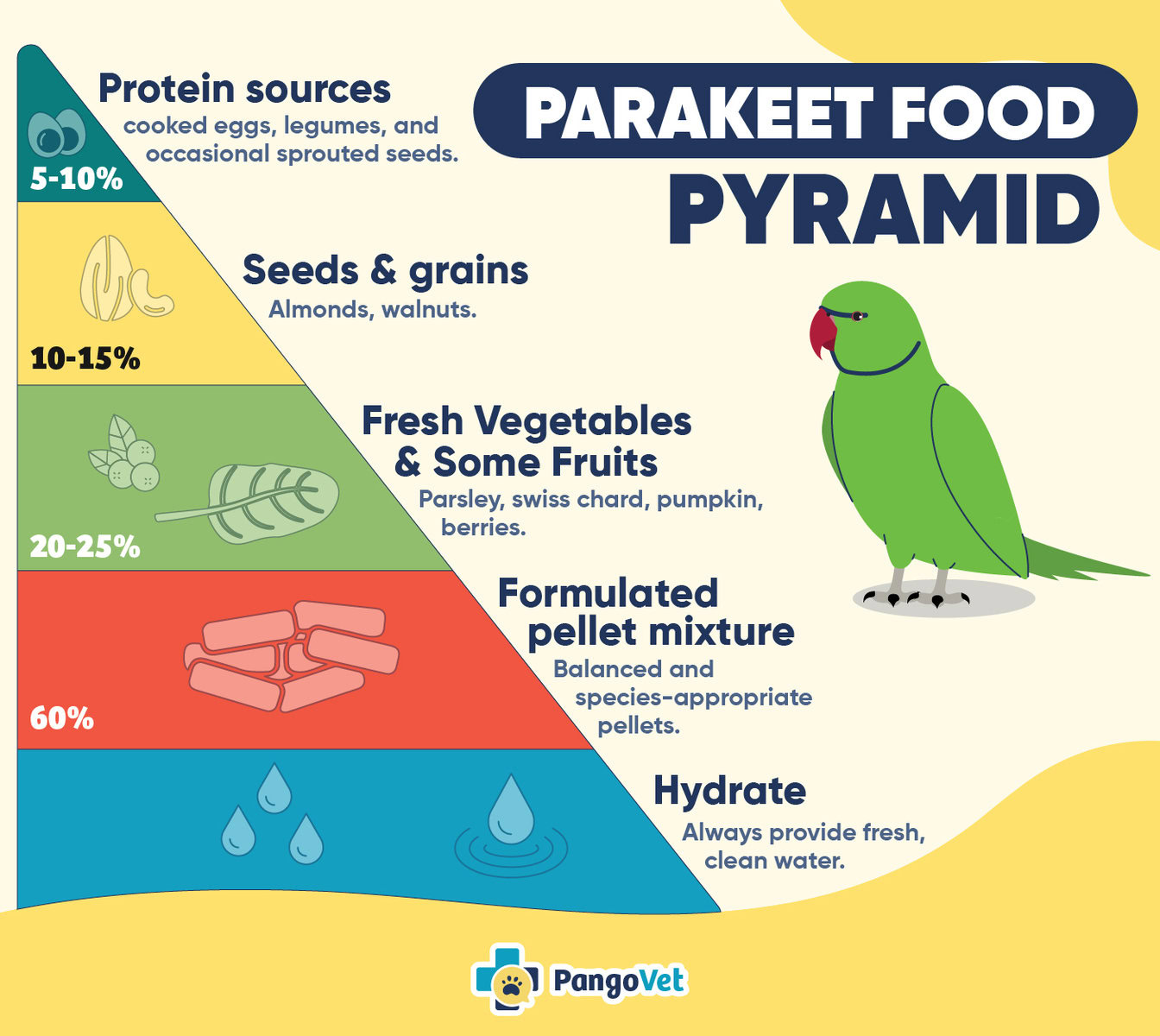
The Don’ts
Dairy and animal foods should not be part of your parakeet’s diet since they cannot digest them. Other foods are toxic, such as avocados, alcohol, chocolate, and caffeine. Any fried product or food that comprises a large quantity of fat or sugar should never be introduced into your feathered friend’s regime.

Conclusion
Blackberries are safe for parakeets to eat and also provide several health benefits. They’re considered one of the best fruits your bird can eat because of their low sugar content compared to other fruits.
Although blackberries are a fantastic addition to your parakeet’s diet, please remember that your bird still needs a varied diet with other nutrients. A formulated diet (such as pellets) should form most of your companion bird’s diet (about 75%). The rest of the diet should be comprised of smaller amounts of vegetables, nuts, and fruits.
Related reads:
Featured Image Credit: ulleo, Pixabay
